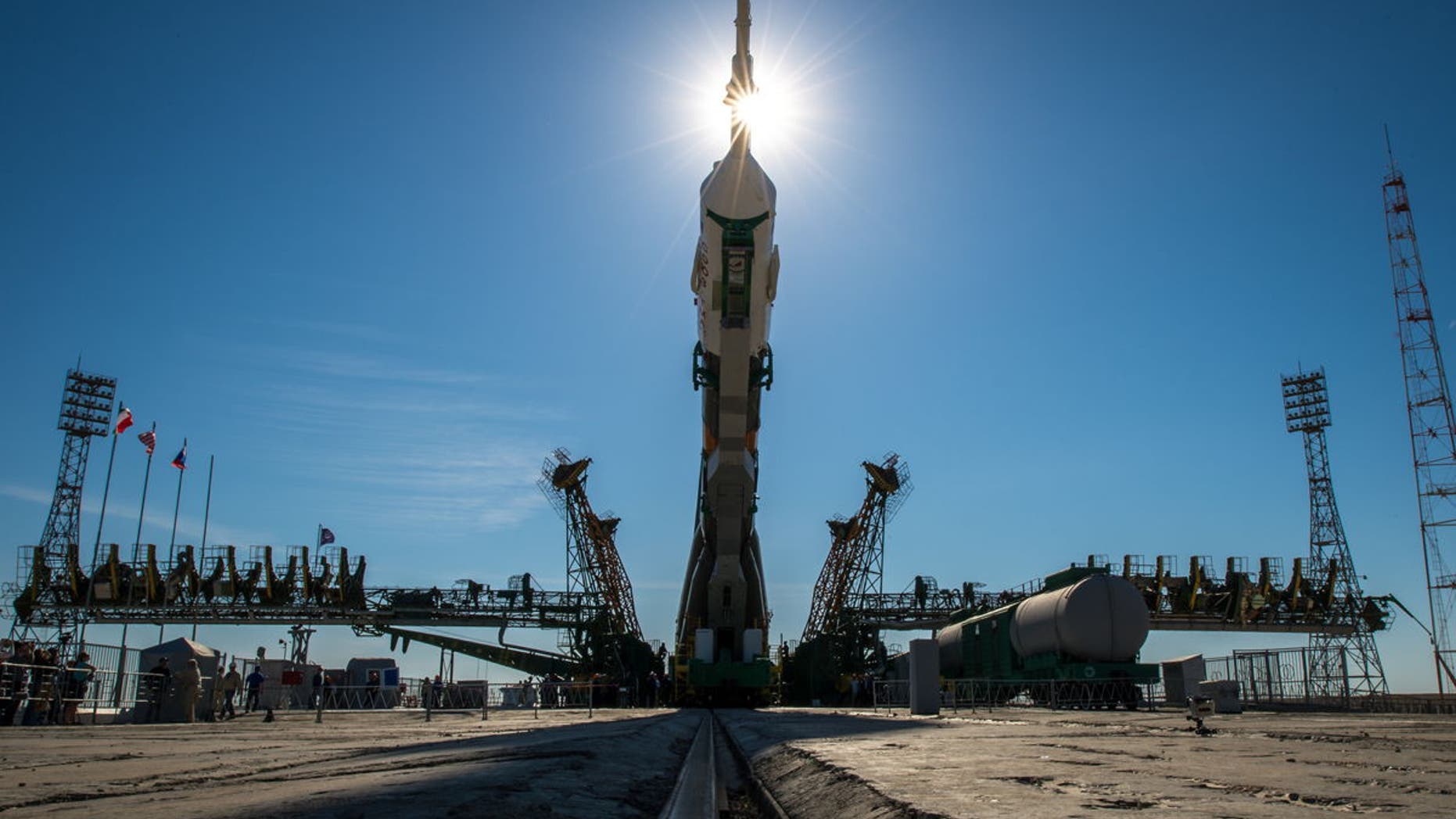
Russia may before long decommission its most memorable dispatch site, from which the world's first satellite, Sputnik, was flung into space.
Site No. 1, otherwise called Gagarin's Begin, is situated in Baikonur, Kazakhstan. Sputnik was the main shuttle to lift off from this site in October 1957, trailed by the principal human spaceflight mission in April 1961 by Soviet cosmonaut Yuri Gagarin.
Numerous other notable missions have additionally propelled from Site No. 1, including Soviet cosmonaut Valentina Tereshkova, who turned into the main lady to travel to space in June 1963, just as Scott Kelly's record-breaking remain on board the Global Space Station.
Related: Roscosmos: Russia's Space Focuses and Dispatch Destinations in Pictures
Today, Site No. 1 is as yet used to dispatch all Russian, American, Canadian, European and Japanese space travelers into space. In any case, that before long may change, Ars Technica detailed.
It's conceivable that Site No. 1 will be decommissioned at some point after the last trip of the Soyuz FG vehicle in September. The maintained dispatches of the Soyuz MS-13 and Soyuz MS-15 shuttle, in July and September, separately, will be the last flights of the Soyuz FG vehicle, as indicated by Ars Technica.
Reports propose the dispatch site will be decommissioned because of an absence of subsidizing for redesigns expected to dispatch the Soyuz 2 rocket. Site No. 1 was at that point reconfigured for dispatches of the Soyuz FG rocket, which was presented in 2001 and is utilized today to fly groups to the space station.
In any case, payload dispatches have officially moved to the new Soyuz 2 rocket and it's normal that team dispatches will move to the more current rocket, as well, as per Ars Technica, in light of a report by RIA Novosti.
Contrasted and the 6.9-ton payload limit of the Soyuz FG promoter, the Soyuz 2.1b has a payload limit of 8.2 tons to low Earth circle. Right now, the Soyuz 2 rocket dispatches from Site 31 in Baikonur, just as from two other dispatch offices in Russia and Europe's Guiana Space Center in French Guiana.
Goodbye, Kepler: NASA Closes Down Productive Planet-Chasing Space Telescope
Roscosmos Boss Dmitry Rogozin Prods New Russian Super-Substantial Rocket Yenisei
The Most Outrageous Human Spaceflight Records

No comments:
Post a Comment